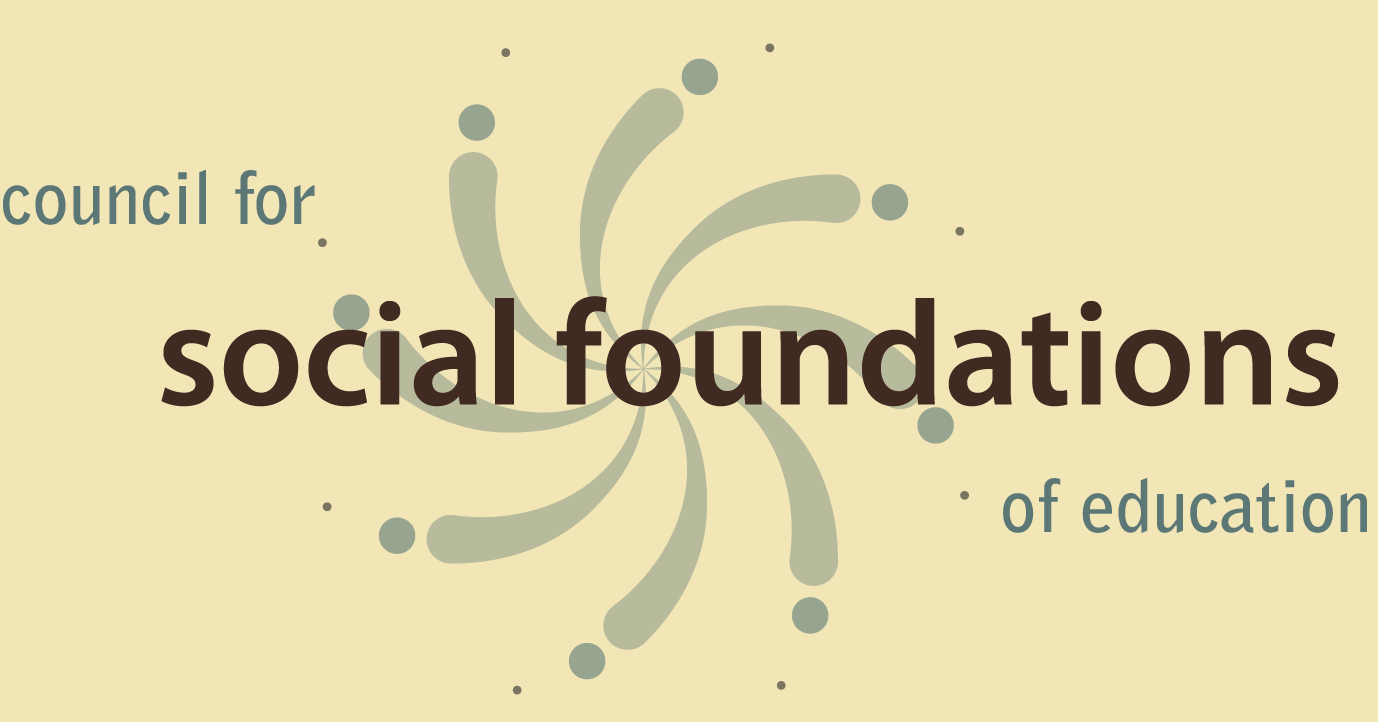
Education is growth.
Education is, not a preparation for life;
education is life itself.
-John Dewey
Introduction Matrix I II III IV V VI VII VIII
Standard VII
Doctoral Degree Programs in
Foundations of Education Educational Studies, and Educational Policy Studies
Doctoral programs in Foundations of Education, Educational Studies, or Educational Policy Studies shall offer concentrated, advanced preparation in at least one of the following disciplines or areas of study and general preparation in at least two others: history of education, philosophy of education, sociology of education, religion and education, anthropology and education, politics of education, economics of education, comparative and international education, cultural studies in educatiron, gender studies in education, educational studies, and educational policy studies. The minimum number of academic staff in Foundations of Education, Educational Studies, or Educational Policy Studies in institutions offering doctoral degrees in these specializations should be the full-time equivalency of at least three faculty members who meet the qualifications of this Standard and represent concentrations in at least two of the disciplines or areas of study listed above.
Discussion of Standard VII
This Standard seeks to ensure common general qualifications among persons seeking the doctorate in Foundations of Education, Educational Studies, or Educational Policy Studies, whatever differences in specialization and emphases might otherwise be encouraged in relation to the foundational disciplines, combinations of disciplines, and area studies.
Doctoral programs preparing individuals whose interests are in developing interpretive, normative, and critical perspectives on educational arrangements, practices, and discourse may be designated as programs in Foundations of Education, Educational Studies, or Educational Policy Studies. The distinctive focus of the programs is the interpretive, normative, and critical examination of education through the framework of the following disciplines or areas of study: history, philosophy, religion, sociology, anthropology, political science, economics, psychology, comparative and international education, cultural studies, gender studies, educational studies, and educational policy studies.
There are three alternative designs providing general direction for such programs: (1) in Foundations of Education, interpretive, normative, and critical perspectives are developed through concentration on the paradigms and research methods of at least one of the aforementioned disciplines or areas of study; (2) in Educational Studies, interpretive, normative, and critical perspectives are developed through analysis of education as an academic field of study; and (3) in Educational Policy Studies, interpretive, normative, and critical perspectives are developed through the study of educational policy, policymaking processes, and policy outcomes.
The complexities involved in each of these programs make it necessary that candidates be prepared with more than a single perspective. A minimum qualification would be concentrated preparation at a level appropriate to doctoral programs in at least one of the aforementioned disciplines or areas of study and general preparation in at least two other areas. To the extent possible, programs of study are expected to be individualized, thus taking into account the candidate’s full background, including undergraduate and masters preparation and other professional experiences. To advance their interpretive, normative, and critical skills and understanding, candidates are expected to: (1) produce demonstrable evidence of disciplined writing; (2) complete advanced study emphasizing appropriate research methodologies; and (3) participate in field experiences which strengthen abilities to interpret and communicate the content and context of issues and themes central to the areas of concentration. Field experiences, including internships, are to be planned, supervised, and evaluated collaboratively by faculty in Foundations of Education, Educational Studies, or Educational Policy Studies and appropriate field personnel.